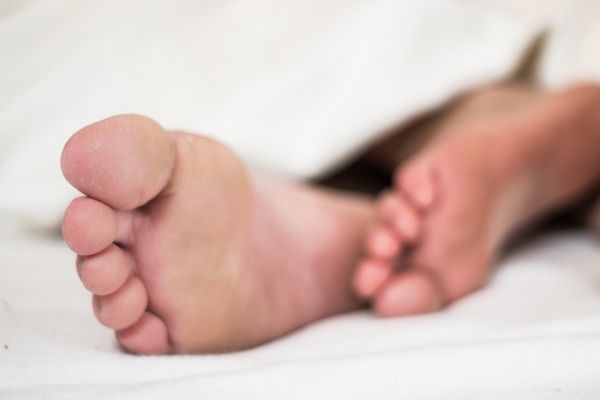It seems that napping may do more than just reboot our energy level and improve our mood. New research being presented at the American College of Cardiology’s 68th Annual Scientific Session found that people who took advantage of a midday snooze were more likely to have a noticeable drop in blood pressure compared with those who didn’t nap.
“Midday sleep appears to lower blood pressure levels at the same magnitude as other lifestyle changes. For example, salt and alcohol reduction can bring blood pressure levels down by 3 to 5 mm Hg,” said Manolis Kallistratos, MD, cardiologist at the Asklepieion General Hospital in Voula, Greece, and one of the study’s co-authors, adding that a low-dose antihypertensive medication usually lowers blood pressure levels by 5 to 7 mm Hg, on average.
Overall, taking a nap during the day was associated with an average 5 mm Hg drop in blood pressure, which researchers said is on par with what would be expected from other known blood pressure-lowering interventions. In addition, for every 60 minutes of midday sleep, 24-hour average systolic blood pressure decreased by 3 mm Hg.
“These findings are important because a drop in blood pressure as small as 2 mm Hg can reduce the risk of cardiovascular events such as heart attack by up to 10 percent,” Kallistratos said. “Based on our findings, if someone has the luxury to take a nap during the day, it may also have benefits for high blood pressure. Napping can be easily adopted and typically doesn’t cost anything.”
Read more at American College of Cardiology
Photo Credit: niekverlaan via Pixabay


